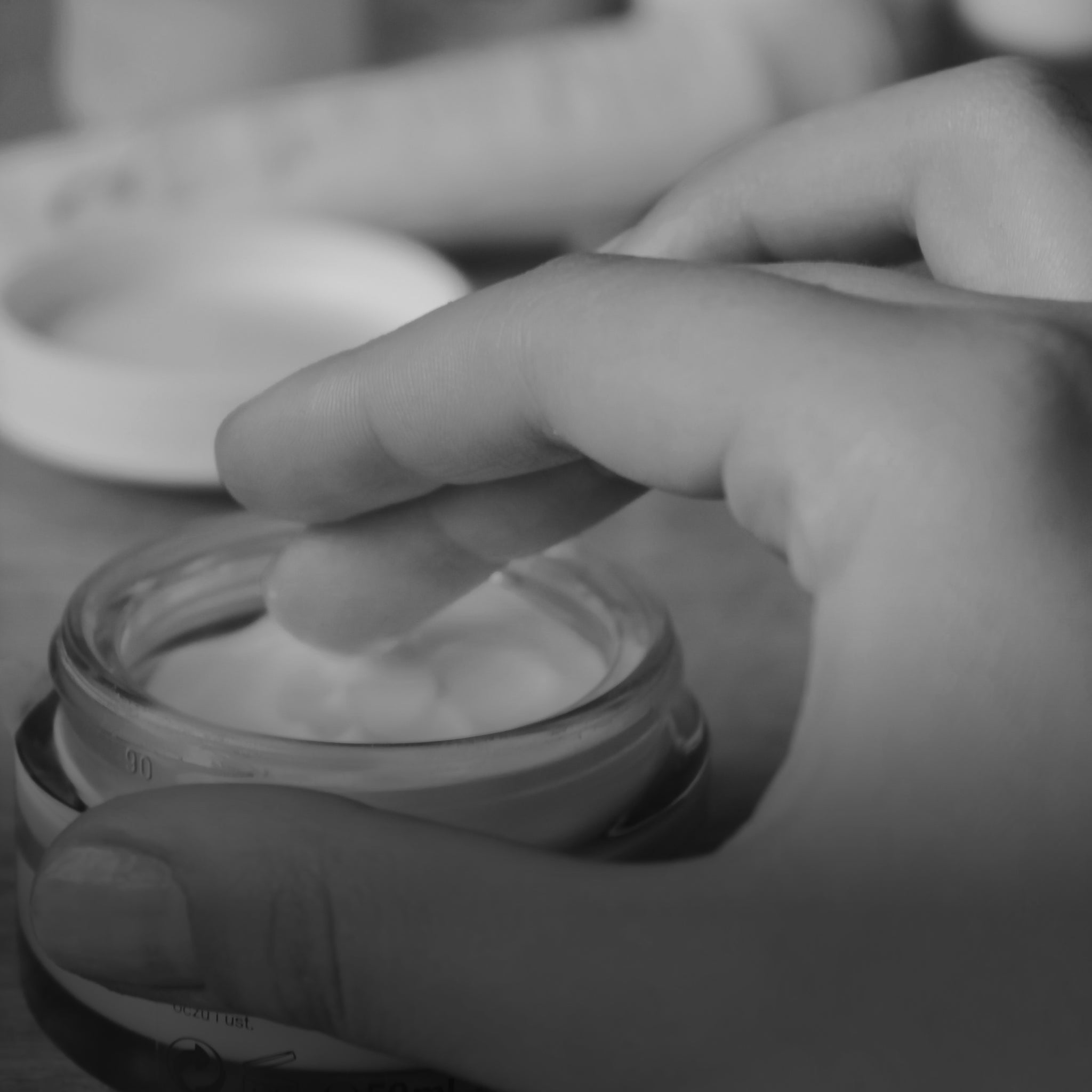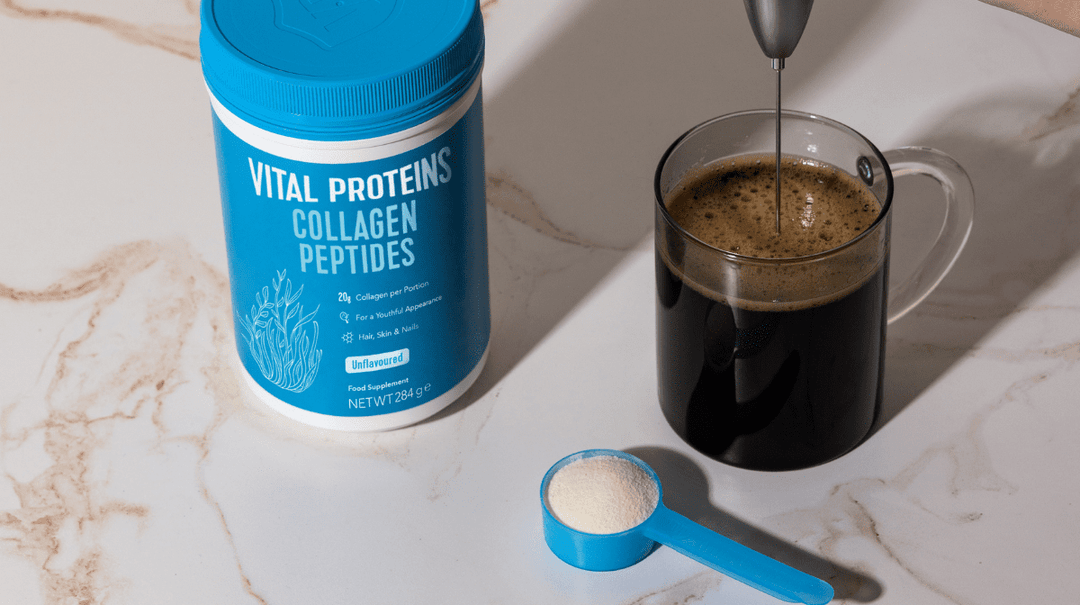Shop Smart at the Dermalogica Official Supplier Store for Your Skin Needs
Dermalogica is a renowned skincare brand offering professional-grade products designed to address various skin concerns.
Key Features of Dermalogica's Official Supplier Store:
-
Comprehensive Product Range: Dermalogica provides a wide array of skincare products, including cleansers, moisturizers, exfoliants, serums, and treatments tailored to different skin types and concerns.
About Dermalogica
-
Dermalogica was founded by a skin therapist, providing custom skin care solutions.
-
We offer professional-grade skin care education, products, and services to skin therapists and customers alike.
-
Our mission is to provide education, products, and services that help skin therapists and customers achieve healthy, glowing skin.
Understanding Your Skin
-
Our skin health essentials are designed to deliver your best skin daily.
-
We prioritize healthy skin and focus on quality ingredients, such as seed oil.
-
Our products are certified cruelty-free and vegan, made with quality ingredients.
-
We offer a range of products to treat all skin types and skin conditions, including acne and anti-aging.
Product Knowledge
-
We offer a range of moisturizers for different skin types, including the best moisturizer for your skin.
-
Our products are designed to keep skin at an optimal level of fitness.
-
We prioritize skin health and focus on quality ingredients, such as seed oil.
Sun Protection
-
Healthy skin is the result of proper SPF use.
-
We recommend using SPF protection for golden tans and sun safety.
-
Our products are designed to provide long-lasting sun protection.
Buying Online
-
Buy Dermalogica products online from a trusted supplier https://lirpharmacy.com/collections/dermalogica
-
Get authentic Dermalogica products delivered right to your doorstep.
-
Enjoy the benefits of Dermalogica’s professional skincare products.
Professional Skin Therapists
A professional skin therapist is a trained skincare expert who specializes in assessing and treating various skin conditions. These specialists provide personalized skincare solutions, helping you achieve healthier and more radiant skin. They often work in spas, dermatology clinics, or as part of skincare brands like Dermalogica, offering in-depth consultations and treatments.
Why See a Professional Skin Therapist?
Visiting a professional skin therapist can help you navigate the overwhelming array of skincare products available today. With their expertise, you can receive a customized regimen that addresses your skin's unique challenges. Whether you're dealing with persistent acne, signs of aging, or simply looking to improve your skin's health, professional guidance can make a significant difference.
Professional Grade Skin Care
Professional-grade skincare refers to high-quality, potent products typically used by licensed skincare professionals, such as dermatologists, estheticians, or skin therapists. These products often contain higher concentrations of active ingredients compared to those available over-the-counter (OTC), allowing them to address specific skin concerns more effectively. Unlike regular retail skincare products, professional-grade formulas are often only available through skincare professionals or trusted online stores, like Dermalogica.
Skin Health: The Key to Radiant and Healthy Skin
Skin health is an essential part of your overall well-being, and maintaining it goes beyond just cosmetic beauty—it’s about keeping your skin in optimal condition for both its appearance and function. The skin is the largest organ of the body, and it plays a vital role in protecting you from environmental stressors, regulating temperature, and preventing dehydration. Taking care of your skin not only helps you look good but also supports its ability to function properly.
Here’s what you need to know about skin health and how to maintain it:
1. Understanding the Importance of Skin Health
Your skin is more than just the outer layer of your body. It’s a dynamic organ that acts as a barrier, shielding you from harmful UV rays, bacteria, and pollution. Healthy skin can:
-
Protect the body from external threats.
-
Regulate body temperature by sweating and producing oil.
-
Help with hydration by acting as a barrier to prevent water loss.
-
Signal underlying health conditions, like changes in texture, color, or the appearance of blemishes.
2. Common Skin Conditions and Their Causes
Maintaining skin health can sometimes be challenging due to various conditions that can affect the skin’s function and appearance. Some of the most common skin concerns include:
-
Acne: A condition that causes pimples, blackheads, and cysts, typically triggered by excess oil production and clogged pores.
-
Dry skin: Often caused by environmental factors, harsh skincare products, or health conditions, dry skin can feel tight, flaky, and irritated.
-
Eczema (Atopic Dermatitis): A chronic condition that leads to itchy, inflamed skin, often caused by genetics or allergens.
-
Rosacea: A condition characterized by redness, visible blood vessels, and bumps, typically seen on the face.
-
Hyperpigmentation: Dark spots or patches of skin caused by sun exposure, hormonal changes, or inflammation.
3. Best Practices for Maintaining Skin Health
A healthy skincare routine tailored to your skin’s specific needs is crucial for maintaining skin health. Here are some best practices to keep your skin in great condition:
a. Cleansing
Cleansing is essential for removing dirt, oil, and impurities. However, it’s important to use a gentle cleanser that doesn’t strip the skin of its natural oils. Opt for products suited for your skin type (oily, dry, combination, or sensitive).
b. Moisturizing
Moisturizing helps lock in hydration and supports the skin’s barrier function. Choose a moisturizer that is compatible with your skin type, and use it regularly, even if you have oily skin. Look for ingredients like hyaluronic acid for hydration or ceramides to restore the skin's natural barrier.
c. Sun Protection
One of the most effective ways to maintain skin health is to protect your skin from the sun. Sun exposure accelerates aging, causes skin damage, and increases the risk of skin cancer. Use a broad-spectrum sunscreen with SPF 30 or higher every day, even on cloudy days or indoors.
d. Exfoliation
Exfoliating once or twice a week helps remove dead skin cells and encourages skin regeneration. Be cautious with exfoliants, as over-exfoliating can damage the skin. Use gentle exfoliators with ingredients like AHAs or BHAs for chemical exfoliation, or physical scrubs with fine particles for a gentler option.
e. Diet and Hydration
A well-balanced diet rich in antioxidants, vitamins, and healthy fats supports skin health from the inside out. Foods like berries, leafy greens, nuts, and fish provide nutrients that promote healthy skin. Staying hydrated by drinking plenty of water also helps maintain skin's elasticity and moisture.
f. Sleep and Stress Management
Adequate sleep allows your skin to repair itself, while managing stress can reduce inflammation, which is key in preventing skin issues like acne and eczema. Prioritize rest and engage in stress-reducing activities such as yoga, meditation, or spending time outdoors.
4. Essential Ingredients for Healthy Skin
Incorporating the right ingredients into your skincare routine is key to achieving optimal skin health. Here are some essential ingredients that promote healthy skin:
-
Vitamin C: Known for its brightening and anti-aging benefits, vitamin C helps to reduce the appearance of dark spots and promote collagen production.
-
Retinoids: These derivatives of vitamin A are essential for boosting skin cell turnover and reducing signs of aging, like fine lines and wrinkles.
-
Hyaluronic Acid: A powerful humectant that draws moisture into the skin, keeping it plump and hydrated.
-
Niacinamide: Known for its anti-inflammatory properties, niacinamide helps to calm redness and improve the skin’s barrier function.
-
Peptides: These amino acid chains promote collagen and elastin production, helping skin stay firm, smooth, and youthful.
5. When to Seek Professional Help
While an effective skincare routine can address many skin concerns, sometimes it’s necessary to seek professional help, especially when dealing with persistent issues. Consider consulting a dermatologist or skin therapist if you experience:
-
Persistent acne, rashes, or other skin conditions that don’t improve with over-the-counter products.
-
Sudden or significant changes in the texture or color of your skin, which may signal an underlying health issue.
-
Concerns about signs of aging or skin damage from UV exposure.
-
Sensitive or irritated skin that requires expert treatment.
FAQs
1. Where can I purchase Dermalogica products?
You can purchase Dermalogica products directly from their official supplier website at https://lirpharmacy.com/collections/dermalogica. Additionally, you can find them at authorized retailers and professional salons that offer Dermalogica products.
2. Does Dermalogica offer free shipping?
Yes, we offer free standard shipping on orders over a certain amount (€50 or more). However, shipping policies and costs may vary depending on your location, so it’s best to check the shipping details on their official website.
3. Can I return Dermalogica products if I'm not satisfied?
We have a return policy that allows customers to return products within a certain time frame if they are not satisfied. Always check the specific terms and conditions on the official website to ensure you follow the correct process for returns or exchanges.
4. Are Dermalogica products suitable for sensitive skin?
Dermalogica offers a range of products specifically designed for sensitive skin. They use professional-grade ingredients that are formulated to minimize irritation, but it’s always recommended to consult with a skincare professional or try a sample before using a new product if you have sensitive skin.

















